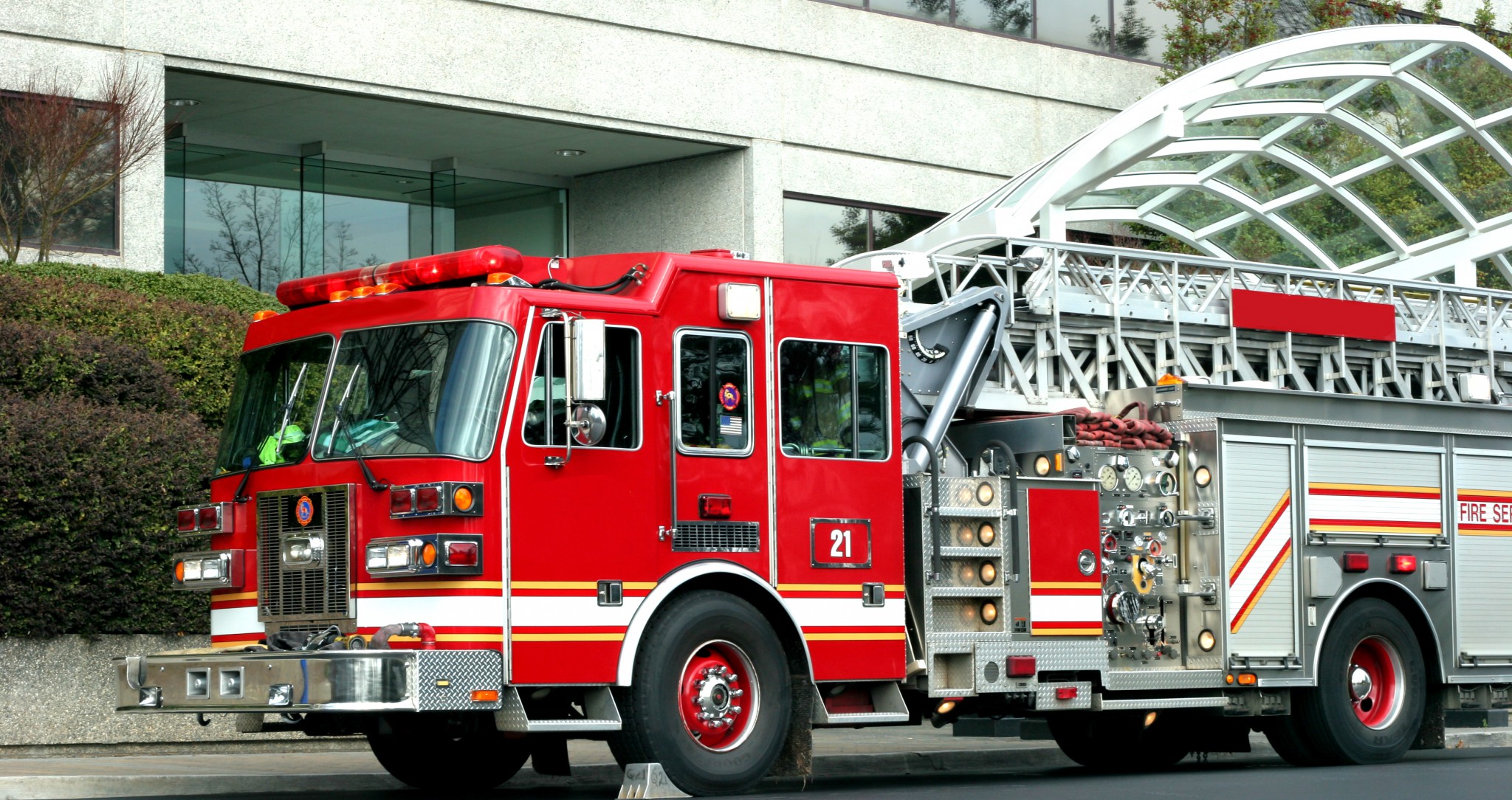In the life-safety field, false fire alarms are a frequent and costly interruption for fire departments and first responders, as well as affected businesses. According to the most recent study published by the National Fire Protection Association (NFPA), U.S. fire departments responded to a staggering 2,238,000, or one out of every 12 calls, false alarms in 2012. Of those calls, the majority, 46.6%, were unintentional calls, while another large percentage, 31.9%, were attributed to system malfunctions.
For a company that installs and maintains commercial fire alarm systems, false alarms caused by system malfunctions that are taking first responders away from other potential emergencies is very concerning. We have compiled strategies that facility/building managers and owners can implement to help reduce the number of false alarms reported.
- Establish Proactive Kitchen-Use Policies – At some point in their lives, everyone has surely burned food in the microwave, toaster and/or toaster oven, and few things are more loathed in a public kitchen than the smell of burnt popcorn. Establish kitchen-use policies that include not leaving any of the aforementioned cooking appliances unattended while in operation and cleaning out leftover food particles that they do not collect and burn and over time. It is also best practice to replace these items at first signs of wear, since they are often designed for occasional home use and not the strain of constant operation throughout the day.
- Regular Maintenance & Cleaning – Over time, dust and other debris in the air can find their way into the fire alarm’s sensor, and create a buildup. While this can cause a false alarm to be detected, it can also prevent the alarm from functioning properly in the case of a real fire, regularly scheduled cleanings should be a priority. General maintenance is also important in ensuring that the system does not have a defect that could cause it to be triggered unnecessarily.
- Update & Replace Systems – Like any critical and heavily used system, eventually regular maintenance will no longer be sufficient for proper operation. When particles and debris build up over time, they can increase the sensitivity of the fire alarm sensor to the point where false alarms become a frequent occurrence. Additionally, when technological advancements and updated products become available, a fire alarm system that may still be operational, may no longer provide the best level of protection available for the building.
- Use Approved Equipment from Certified Providers – Working closely with one properly licensed and certified fire alarm service provider ensures that the best fire and smoke detection systems for a building and its use(s) are installed. By having all necessary maintenance and service proactively handled by one source, with a Service Contract in place, facility operations personnel can be assured that all required codes are being met, and service and maintenance is being correctly handled.
- Alarm Monitoring Service Safeguard – By using a U.L. Fire approved contract Alarm Monitoring Central Station that implements Enhanced Caller Verification (ECV), an industry-wide initiative, false alarms can be reduced with a multiple call cancellation procedure. This procedure requires the alarm monitoring company to contact a designated building key holder prior to contacting authorities. Since in most cases, this person would know if the alarm was false or not, they can prevent first responders from being dispatched for a known, non-emergency issue.
By implementing these strategies, not only is the likelihood of a false alarm being reported from your business or organization reduced, but also the risk of being fined for false reports. Due to the nature of fire alarms, the local fire department is required to treat all alarms as an emergency, and the cost of dispatch per call is estimated from several hundred to several thousands of dollars depending upon the location. But above all, the reduction of false alarms allows first responders to attend real emergency situations without delay.
If you would like more information about ways to reduce false fire alarms, or establishing a full service maintenance contract for your business or organization, please contact Craig Elkanich, our VP of Operations, at 1-800-370-3473, ext. 1125 we would be happy to provide a one-on-one consultation to answer any questions, and help determine the best solution for your needs.
Additional information from the NFPA False Alarm Activity in The U.S. 2012 study can be read here.



Every business should have kitchen use policies just like you say! My last workplace was riddled with false alarms from burning toast and popcorn and by the time I left nobody even responded to the alarms. False alarms are dangerous because complacency can get you in trouble really quick.
Thanks for the post. I agree that regular maintenance is important. I think that can ensure that you are ready for anything that may happen. I also agree that it can help to prevent any false alarms.
My apartment’s fire alarm keeps going off when it isn’t supposed to and so I am definitely going to have it replaced, because I can’t handle that. However, I definitely think that it would be very useful to us to get one that had the call cancellation technology with it. However, what happens if the company can’t get a hold of the key holder?
That’s a great idea to update and replace your fire suppression systems regularly. In addition to not having to worry about debris setting off false alarms, new systems will have better technology. Newer systems are probably also more energy efficient.
Fire system maintenance is always great to prevent fires or keep them contained if a fire breaks out. Fires are dangerous hazards that should be contained. One minute you be smoking a cig then fall asleep and wake up to whole fire in the house. Something like this would need an alarm. But if it’s a false one like an error in the system that should be prevented. These are some great steps to do that!